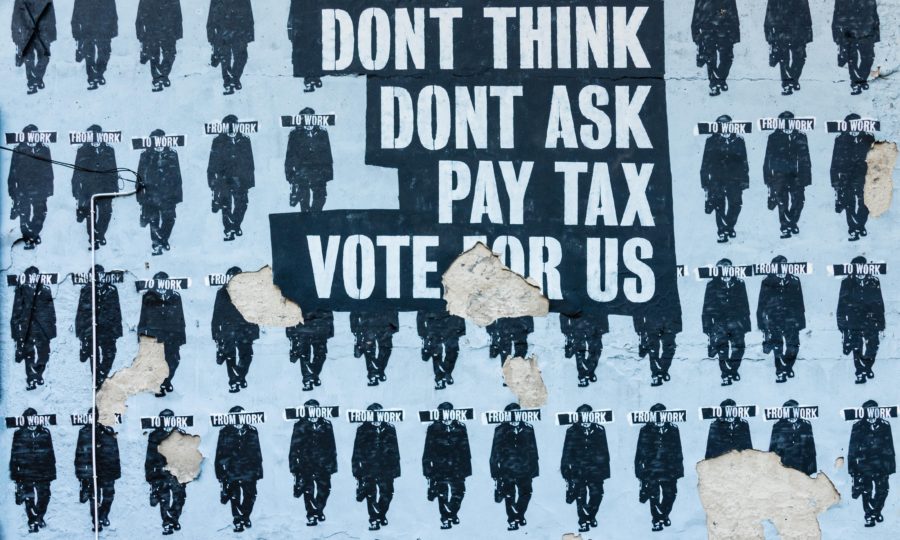Arendt often quoted Shakespeare, and paraphrasing Hamlet – one of Western culture’s greatest procrastinators – is apropos for my sense of ambiguity right now as to whether to obey…or not to?
In a previous post, Katy noted how the Covid 19 crisis represented a time for courage. Across the world, we have seen courageous, and irresponsible, actions from leaders and others. But it is not so much courage that I have been thinking about. Rather, it is obedience.
In her essay “Personal Responsibility under Dictatorship,” Arendt contends that the term obedience is a misnomer and yet that misnomer is at the heart of the political system of rulers and ruled. She writes that, since the time of Plato and Aristotle, every body politic has consisted of rulers and ruled, the former give out orders while the latter obey those dictates. But, she argues, it is not appropriate for adults to obey leaders, to go along with whatever is asked. Rather what we do is consent. That is, we offer our consent if and when we agree with a leader’s actions.
Elsewhere, she argues that the word obedience should be stricken from our language. Of course, living in the aftermath of The Second World War, and the horrors of the Shoah, it is not surprising that Arendt will feel this way. After all, many of those who obeyed the Fuehrer’s Orders did so by deliberately hurting others. But in this time of fear caused by the Covid 19 virus, does obedience have any place?
Maybe…
We have all seen people not practicing social distancing which, health officials tell us, is one important way to combat the virus. Many countries have first asked and then ordered their citizens to remain in their homes. Here, in Canada, it seems a good thing to do what we are told, and comply with the doctor’s orders, but what if this compliance is a mistake?
I guess what I’m asking is, when does compliance turn into obedience?
There was an interesting back and forth recently by Giorgio Agamben and other philosophers, discussing the pros and cons of various governments’ responses to dealing with the crisis.
His initial post starts with a long quote from Foucault’s Discipline and Punish about what people had to do at the time of the Plague (or one of them). It is fascinating to see how there are similarities with our own “plague.” But Agamben has been roundly attacked for his original thesis by commentators across the world. Roger Berkowitz, for example, notes that although Agamben’s original post was disturbing, the idea that our society has been reduced to bare life is not without merit. But that does not mean that we comply without thinking to whatever leaders ask of us.
Agamben was deeply influenced by Arendt’s work; his analysis of bare life bears resemblance to her work in Origins and elsewhere. And yet what would Arendt say in such a crisis? Would she keep to her idea that for adults to obey is ludicrous or would she perhaps consider that, upon reflection, there may be times where obedience to some government edicts is in the best interests of the public realm?
It seems to me that there are times when, for the health of the public sphere and those who act within it, it is necessary to comply with government decrees. But it does raise difficult points about how much compliance is too much. Self-isolation means we stay in our homes, and stay away from our friends and family that do not live with us. But are we thinking for ourselves when we decide to comply with government and medical requests to self isolate? Or does such self-isolation represent a lack of thought on our part, a willingness to go along with what we are being told, without spending enough time reflecting whether what we are both told is the right thing to do? If most people think it is the right thing to do, then does this mean that we are going along with Das Man, being inauthentic in our responses to the crisis?
I don’t know the answer to that question; what I do know is that I feel very uncomfortable with calls for snitch lines to call out anyone who is not complying. Reporting on neighbours who don’t “toe the line” may seem our civic responsibility. But who is to say that those snitch lines will not be used in other ways at other times? Which begs the question: what is our personal responsibility in a democracy?
Photo by Paweł Czerwiński on Unsplash
